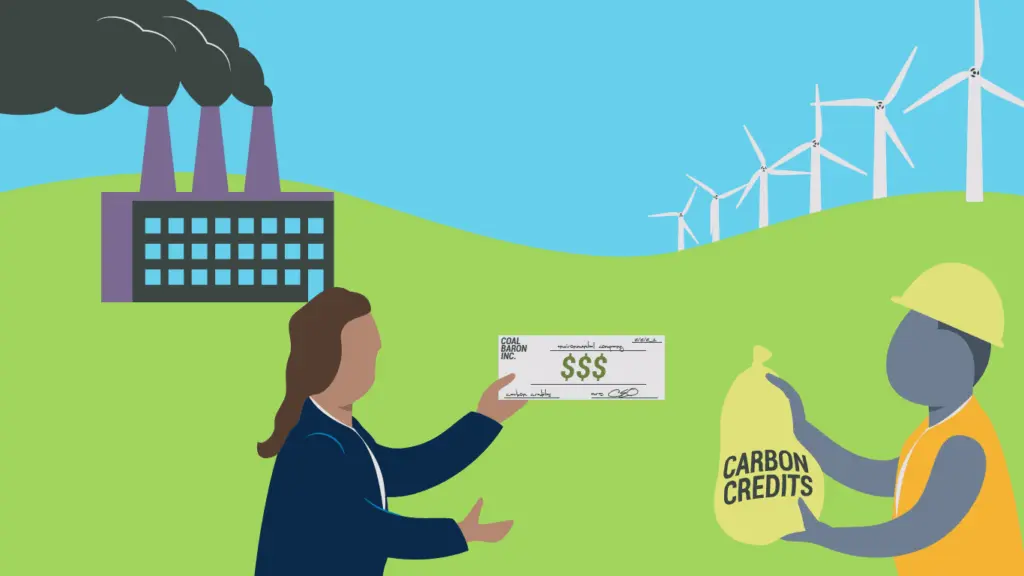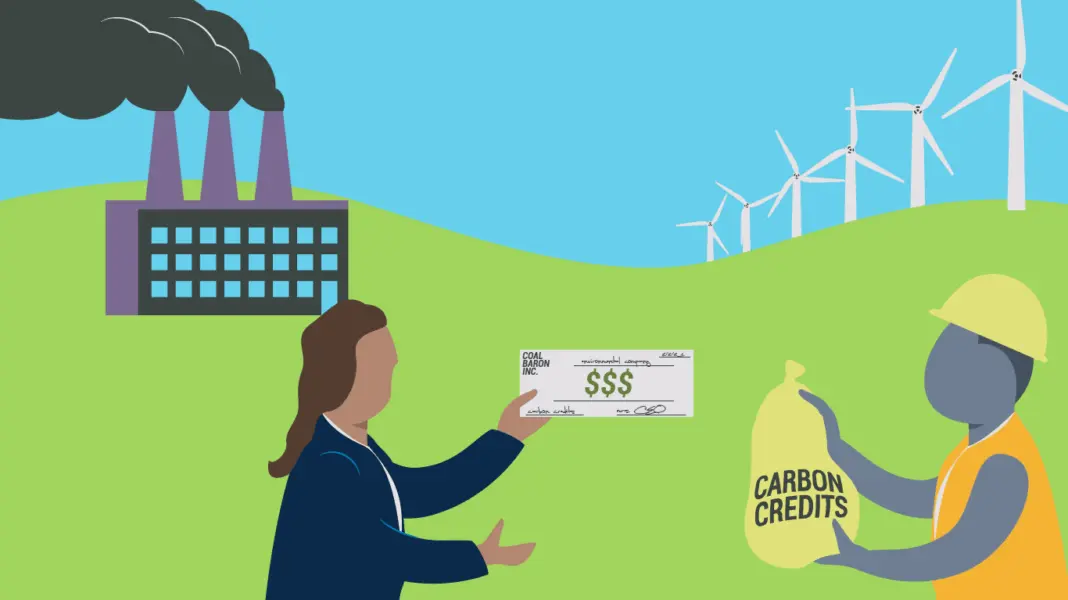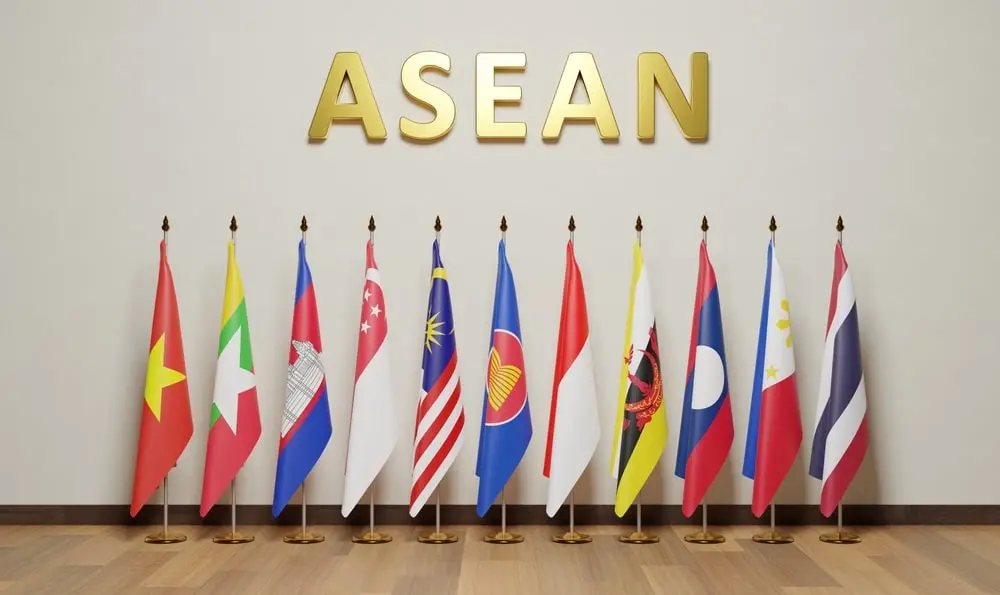Vietnam is steadily advancing its commitment to net-zero emissions by 2050, with a significant step being the public consultation on a draft decree to establish a domestic carbon market. This strategic move opens vast opportunities for businesses and climate investors aiming to engage with one of Asia’s most promising emerging carbon markets.

According to the draft decree, Vietnam’s carbon market will be developed in two main phases. The initial pilot phase, from 2025 to 2027, will focus on establishing market rules, building management systems, and testing carbon credit trading in key sectors such as energy, cement, steel, and waste management. The second phase, starting from 2028, will expand the scale and scope of participation, positioning the market as a vital tool in the national emissions reduction strategy.
High-emission industries will be subject to a mandatory cap-and-trade system, in which each company is allocated an annual emissions quota. Companies that emit below their quotas can sell surplus credits to those exceeding theirs through a market-based mechanism. This approach mirrors the successful models of the EU Emissions Trading System (EU ETS) and Australia’s Safeguard Mechanism, both of which have proven effective in incentivizing emissions reductions and fostering investment in clean technologies.
One of the draft decree’s key strengths is its legal clarity and defined implementation roadmap. This is a positive signal to international investors monitoring Vietnam’s moves in this sector. Vu Chi Cong, Director of VinaCarbon Climate Impact Fund of VinaCapital, said, “International investors are watching Vietnam closely. A clear and transparent decree will build confidence and accelerate capital flow into low-emission projects.”
However, climate investment experts point out several areas that need refinement to ensure the market’s effectiveness. One critical issue is the capacity for emissions measurement and reporting by enterprises. Independent carbon market consultant Hoang Anh Tran emphasized, “Developing a robust, internationally recognized Measurement, Reporting, and Verification (MRV) system is essential. A credible MRV system ensures transparency and integrity in Vietnam’s carbon credits.”
Another challenge lies in building institutional and corporate capacity for carbon market operations. For many Vietnamese firms, particularly small and medium-sized enterprises (SMEs), participating in the carbon market remains a new and complex undertaking. The draft decree should therefore include training programs and technical support to help businesses comply and benefit from market participation.
From a business perspective, corporate leaders remain cautiously optimistic. Nguyen Duc Thanh, CEO of a renewable energy firm in Ho Chi Minh City, noted, “The carbon market presents a huge opportunity, but implementation must be clear and fair. Without solid groundwork, businesses may struggle to engage effectively or compete on equal footing.”
Private investment is also expected to play a key role in the success of the carbon market. The government aims to encourage private capital into carbon credit-generating projects through incentive policies and financial support. This will not only attract investment but also stimulate technological innovation and sustainable growth across critical sectors.
Several international climate funds have already begun exploring project opportunities in Vietnam—ranging from renewable energy and ecosystem restoration to reforestation and emissions reduction in industrial sectors. Sarah Thompson, a representative of an Australian climate investment fund, shared: “We are actively seeking partnerships in Vietnam, especially for high-quality carbon credit-generating projects. The new decree will be an important catalyst in enabling us to deploy capital with confidence.”
The carbon market also creates fertile ground for climate-tech startups in Vietnam, particularly those specializing in carbon data management and digital trading platforms. These startups will play a vital role in building the technical infrastructure necessary for a functioning market, offering attractive early-stage investment opportunities.
The public consultation for the draft decree demonstrates the Vietnamese government’s commitment to a transparent, effective, and equitable carbon market. To ensure the success of this initiative, active engagement from businesses and investors is essential in shaping sound regulations and establishing a fair and sustainable playing field.
With a long-term vision, Vietnam’s carbon market is more than just a compliance tool. It is an investment opportunity—offering pathways to green growth, competitive advantage, and alignment with global sustainability goals.
The draft Decree can be found here.







